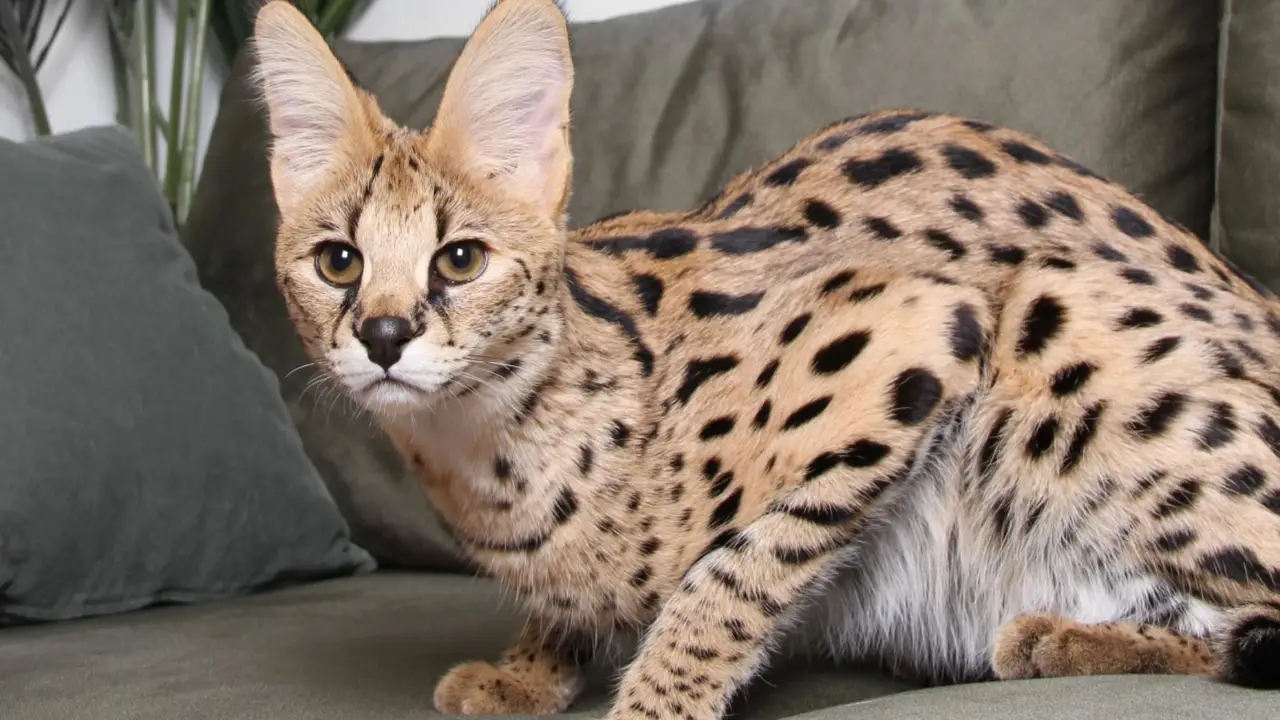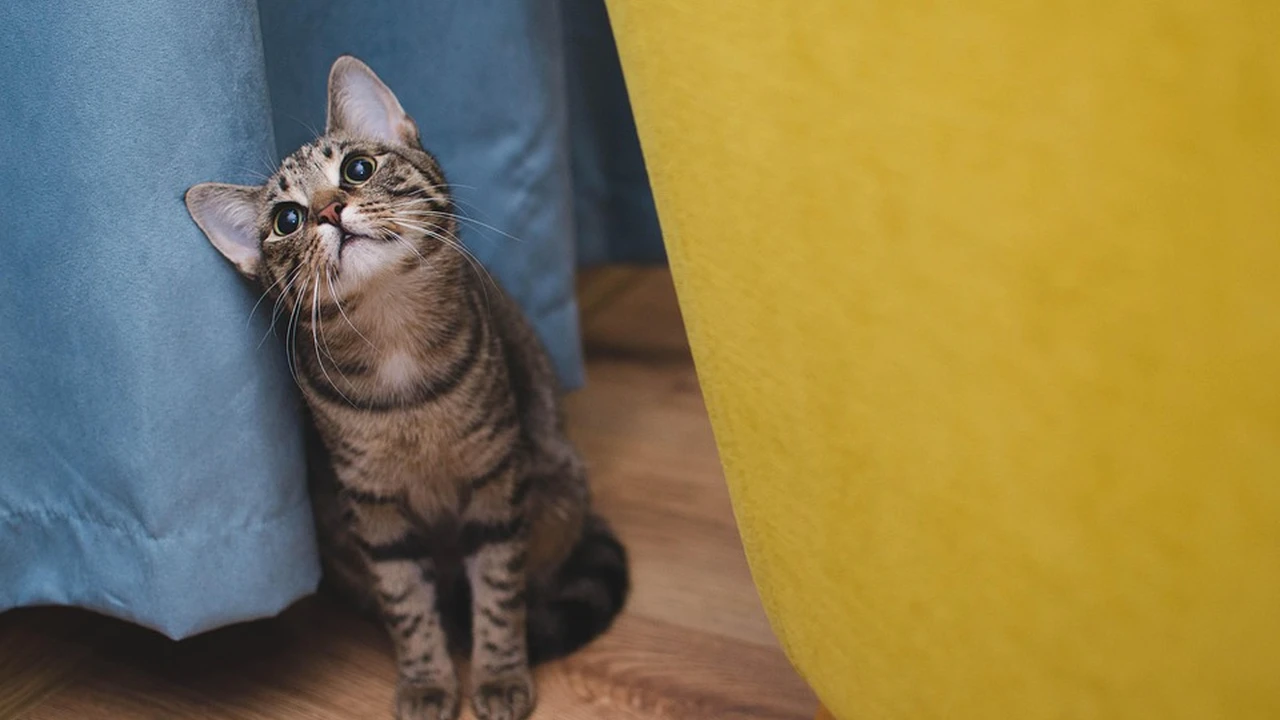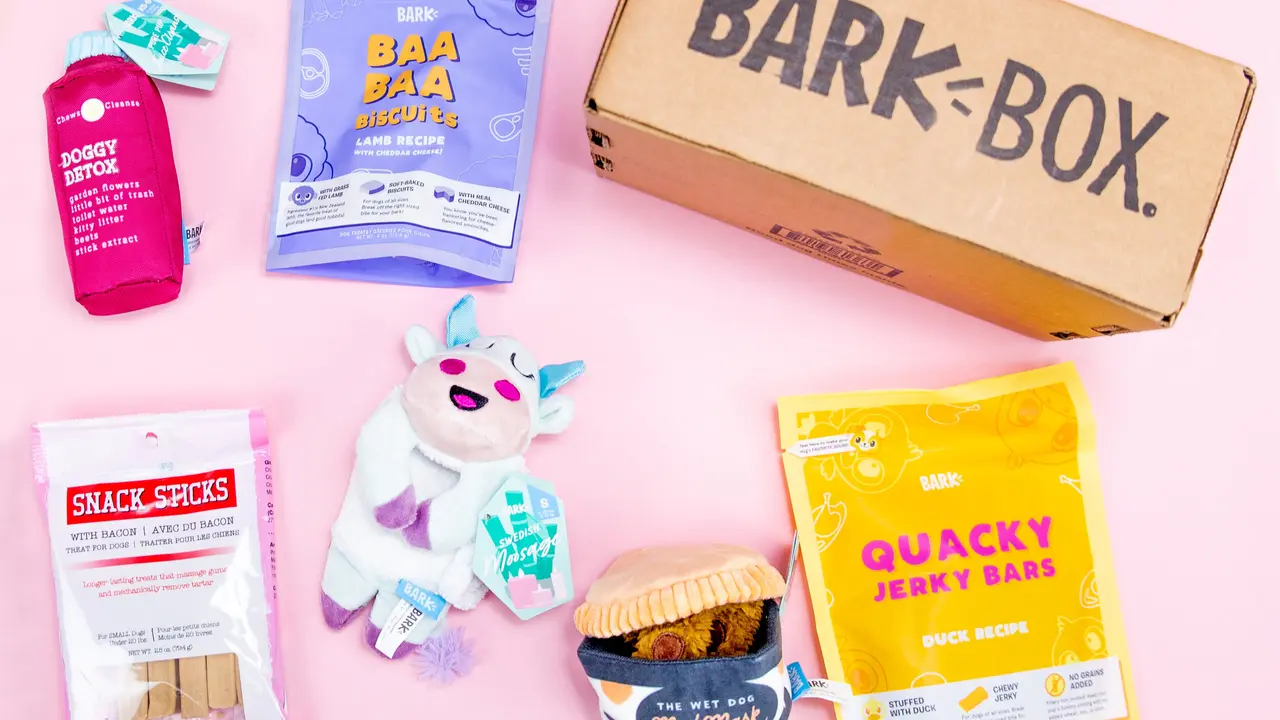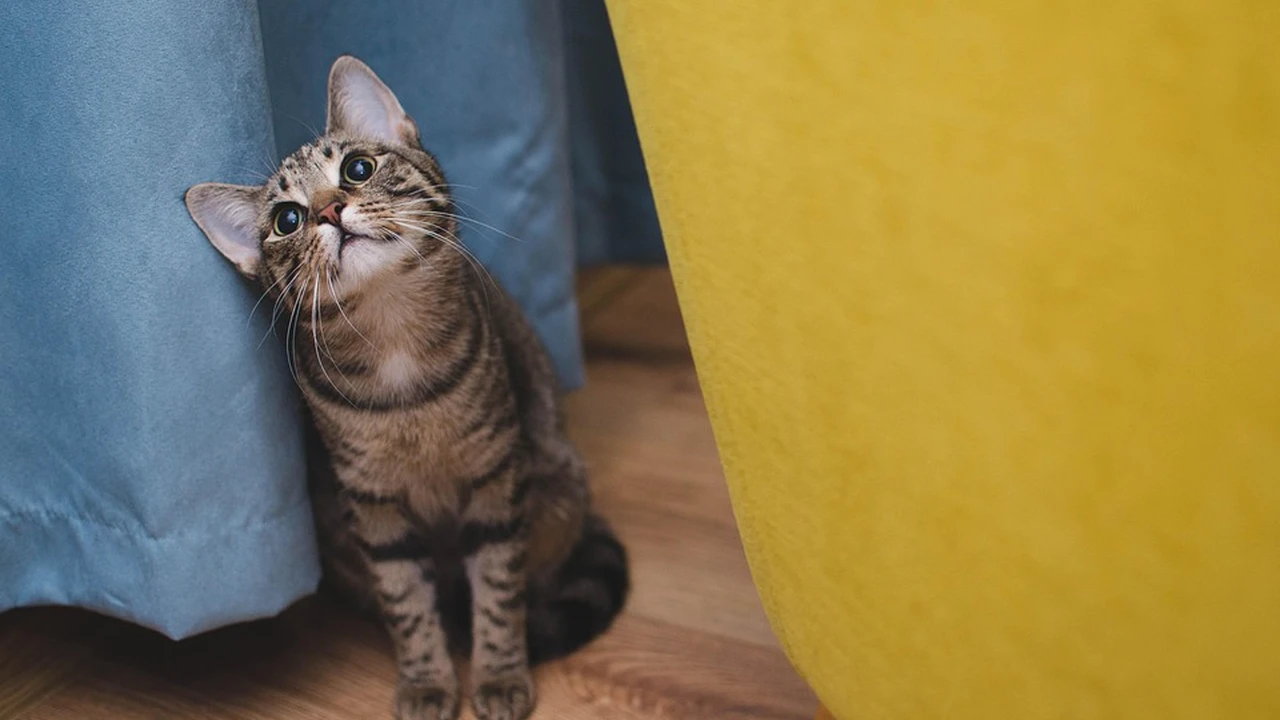The Most Expensive Small Pets to Own
The Most Expensive Small Pets to Own
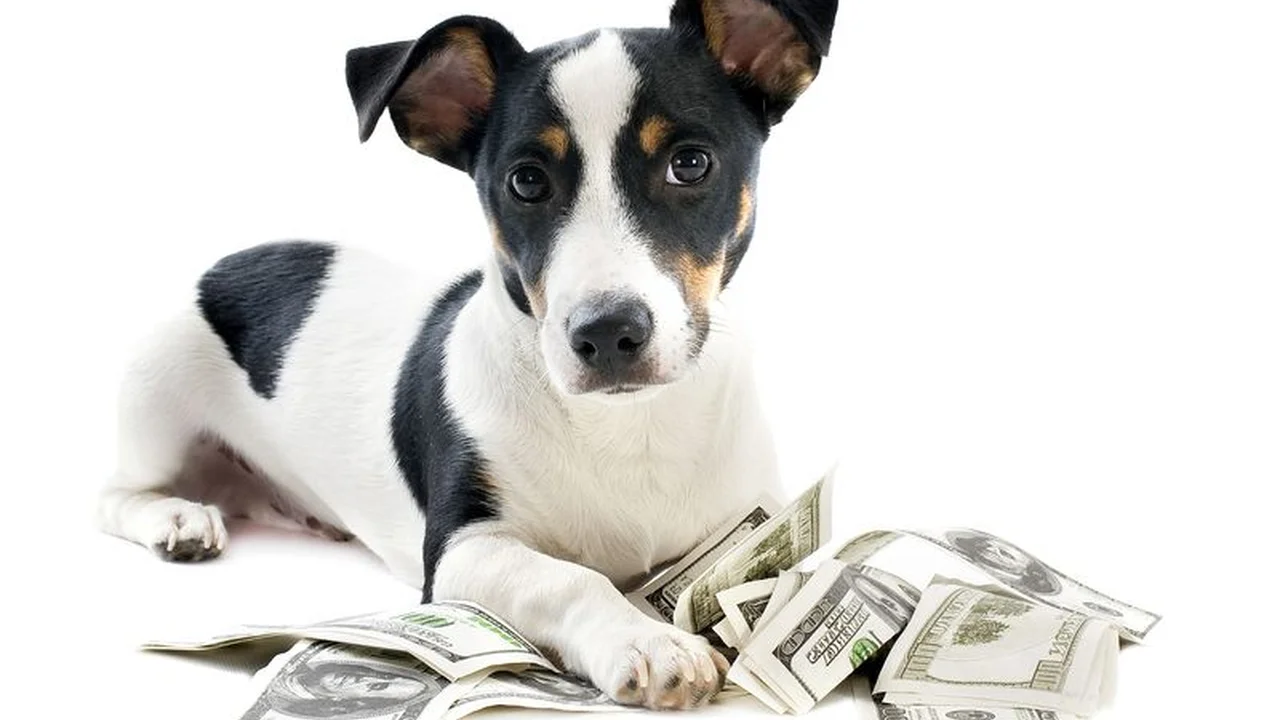
Understanding the Costs of Small Pet Ownership Pet Cost Guide
So, you're thinking about getting a small pet? Awesome! They're cute, relatively low-maintenance (or so you think!), and can bring a ton of joy into your life. But before you jump in and bring home that adorable chinchilla or fancy rat, let's talk about the cold, hard truth: some small pets can be surprisingly expensive. We're not just talking about the initial purchase price here. We're diving deep into the ongoing costs that can quickly add up. Let's break down which little critters can put a dent in your wallet and why.
Initial Investment Examining Purchase Prices of Exotic Pets
Okay, let's start with the upfront costs. The price of the animal itself can vary wildly depending on the species, breed, and where you get it. You might find a hamster for $10 at a local pet store, but a rare breed of rabbit from a reputable breeder could set you back hundreds, even thousands! Here's a quick rundown:
- Hamsters and Gerbils: These are generally the most budget-friendly, typically ranging from $5 to $30.
- Guinea Pigs: Expect to pay between $20 and $50, but remember, they're social creatures and do best in pairs, so double that cost!
- Rats: Often around $15 to $40, and like guinea pigs, they thrive with companionship.
- Rabbits: Prices vary greatly depending on the breed. A common breed from a rescue might be $50, while a fancy show rabbit could cost $200-$500 or more.
- Chinchillas: These fluffy guys are pricier, usually ranging from $150 to $500.
- Degus: Similar to chinchillas in price, expect to pay between $100 and $300.
- Sugar Gliders: These exotic pets are among the most expensive, often costing between $200 and $500 each, and they *absolutely* need to be kept in pairs or groups.
Where you buy them matters too. Pet stores often have lower prices, but you might be supporting unethical breeding practices. Reputable breeders and rescues typically charge more, but they prioritize the animal's health and well-being. Always do your research!
Housing and Enclosures The True Cost of Pet Habitats
Now, let's talk real estate. Your small pet needs a place to live, and that cage, tank, or hutch can be a significant expense. The size and complexity of the enclosure will influence the price. A simple hamster cage might be $30, but a large, multi-level chinchilla cage can easily cost $200 or more. Here are some examples and price ranges:
- Hamster/Gerbil Cage: $30 - $80 (look for good ventilation and space for enrichment)
- Guinea Pig Cage: $50 - $150 (they need a lot of floor space!)
- Rabbit Hutch: $80 - $300 (indoor or outdoor, needs to be predator-proof)
- Chinchilla/Degu Cage: $150 - $400 (multi-level with solid flooring)
- Sugar Glider Cage: $200 - $500 (very tall with lots of climbing opportunities)
Product Recommendations:
- For Guinea Pigs: The Midwest Guinea Pig Habitat Plus. It's spacious, easy to clean, and affordable (around $80-$100).
- For Chinchillas: The Critter Nation Double Unit. This cage is super sturdy, has multiple levels, and provides plenty of room for them to roam (around $300-$400).
- For Sugar Gliders: A large bird cage with closely spaced bars. Make sure it's tall enough for them to glide and has plenty of climbing toys. Something in the $250-$500 range is ideal.
Don't forget about bedding! Wood shavings, paper bedding, and fleece liners all have different costs. You'll need to replace the bedding regularly, adding to the ongoing expenses.
Diet and Nutrition Feeding Your Small Pet on a Budget
You are what you eat, and so are your pets! Providing a healthy and balanced diet is crucial, and the cost of food can vary depending on the species and the quality of the food. Cheap, generic food brands might seem appealing, but they often lack essential nutrients and can lead to health problems down the road. Here's a breakdown of food costs:
- Hamster/Gerbil Food: $10 - $20 per month (look for a high-quality seed mix)
- Guinea Pig Food: $15 - $30 per month (they need a diet rich in Vitamin C)
- Rabbit Food: $20 - $40 per month (mostly hay, plus pellets and fresh veggies)
- Chinchilla/Degu Food: $25 - $50 per month (specialized pellets and hay)
- Sugar Glider Food: $30 - $60 per month (a varied diet of fruits, veggies, protein, and specialized glider food)
Product Recommendations:
- For Guinea Pigs: Oxbow Garden Select Guinea Pig Food. It's a high-quality pellet food with added vitamins and minerals (around $25 for a 4lb bag).
- For Rabbits: Oxbow Timothy Hay. Hay should make up the majority of a rabbit's diet, and this is a great, high-fiber option (around $20 for a 9lb bag).
- For Sugar Gliders: Critter Love Complete. This is a widely recommended glider food that provides a balanced diet (around $35 for a 2lb bag).
Don't forget the treats! Healthy treats like fresh veggies and fruits are important for enrichment, but they also add to the cost. Avoid sugary treats, as they can be harmful.
Veterinary Care Planning for Pet Health Expenses Veterinary Care Cost
Just like humans, small pets can get sick or injured. Veterinary care can be a significant expense, especially for exotic pets. Finding a vet who specializes in small animals can also be challenging, and their services often cost more. Here's what you can expect:
- Annual Checkup: $50 - $100 (essential for preventative care)
- Emergency Vet Visit: $100 - $500+ (depending on the severity of the issue)
- Dental Care (for rabbits and guinea pigs): $100 - $300+ (their teeth grow continuously and may need trimming)
- Surgery: $300 - $1000+ (for more complex procedures)
Pet insurance can help offset these costs. While not always necessary, it's worth considering, especially for expensive pets like chinchillas and sugar gliders. Research different pet insurance plans and compare their coverage and premiums.
Enrichment and Toys Providing Mental Stimulation for Small Pets
A bored pet is an unhappy pet. Small pets need plenty of enrichment to keep them mentally stimulated. Toys, tunnels, and chew items are essential, and they need to be replaced regularly as they get worn out. Here are some examples:
- Chew Toys (for rabbits, guinea pigs, and chinchillas): $5 - $15 each
- Tunnels and Hideouts: $10 - $30 each
- Exercise Wheels (for hamsters and gerbils): $15 - $40 each
- Climbing Toys (for sugar gliders): $20 - $50 each
Product Recommendations:
- For Rabbits: Willow Balls and Apple Sticks. These are safe and natural chew toys that rabbits love (around $10-$15).
- For Chinchillas: Lava Ledges and Wood Chews. These provide a good chewing surface and help keep their teeth healthy (around $15-$20).
- For Sugar Gliders: Hanging Pouches and Ropes. Gliders love to climb and hide, so these are essential for their enrichment (around $20-$30).
Rotate toys regularly to keep your pet interested. You can also make your own toys using cardboard boxes, paper towel rolls, and other household items.
Grooming Supplies Maintaining Your Pet's Hygiene
Grooming is an important part of pet care, and some small pets require more grooming than others. Brushes, nail clippers, and bathing supplies can add to the overall cost. Here's what you might need:
- Brush: $10 - $20 (for rabbits, guinea pigs, and chinchillas)
- Nail Clippers: $5 - $15 (essential for all small pets)
- Small Animal Shampoo: $10 - $20 (use sparingly, as frequent bathing can dry out their skin)
- Dust Bath (for chinchillas and degus): $10 - $20 per month (they need regular dust baths to keep their fur clean)
Unexpected Costs Preparing for the Unexpected
Life happens, and sometimes unexpected costs arise. You might need to hire a pet sitter while you're on vacation, or your pet might develop a sudden illness that requires expensive treatment. It's always a good idea to have a financial cushion to cover these unforeseen expenses.
Pet Sitting: $15 - $30 per day
Comparing the Costs A Summary of Small Pet Expenses
So, which small pets are the most expensive to own? Here's a quick recap:
- Most Expensive: Sugar Gliders (due to their specialized diet, housing, and social needs)
- Moderately Expensive: Chinchillas and Degus (due to their specialized housing and dust bath requirements)
- Least Expensive: Hamsters and Gerbils (relatively low initial cost and ongoing expenses)
Making an Informed Decision Choosing the Right Pet for Your Budget
Owning a small pet can be a rewarding experience, but it's important to be aware of the financial commitment involved. Before you bring home a furry friend, carefully consider your budget and choose a pet that you can afford to care for properly. Don't forget to factor in the cost of housing, food, veterinary care, enrichment, and grooming. By planning ahead, you can ensure that you're prepared to provide a happy and healthy life for your new companion.
:max_bytes(150000):strip_icc()/277019-baked-pork-chops-with-cream-of-mushroom-soup-DDMFS-beauty-4x3-BG-7505-5762b731cf30447d9cbbbbbf387beafa.jpg)



